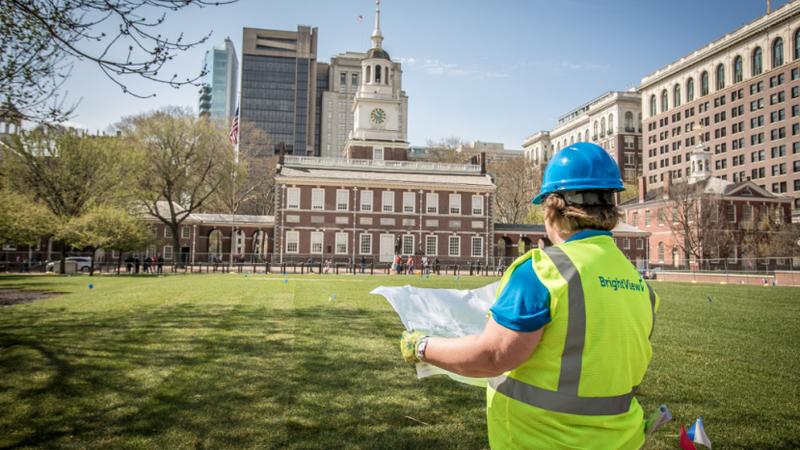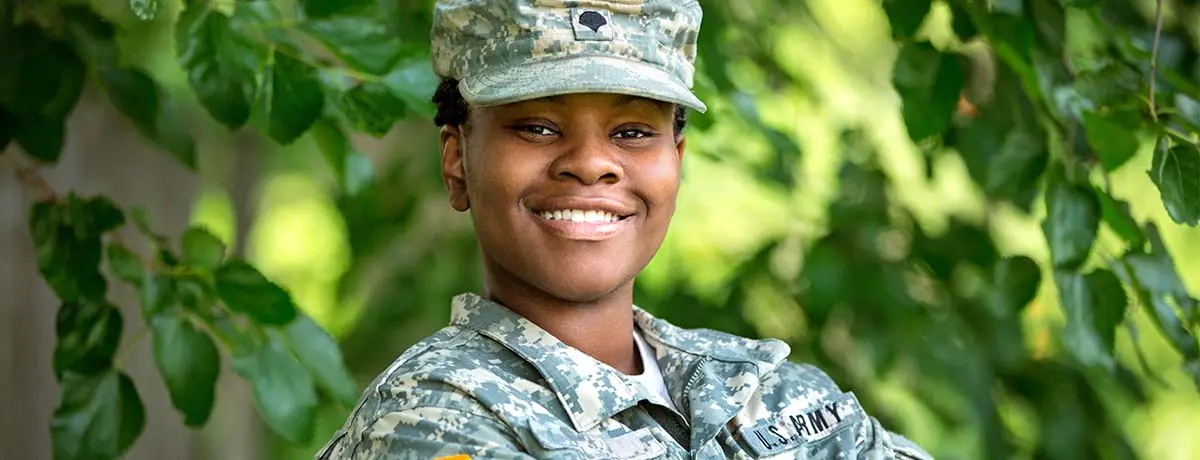5 Cool Things About Working in the Landscape Industry
Sure, there are plenty of cool jobs out there, but there are also a lot of sneaky-cool jobs, and you might be surprised to learn that the landscape industry is one of them. Our teams get to work on some fascinating projects, some of which you may recognize or have visited yourself.
Not everyone knows this, but…
Some of the Work Involves Fun & Games
Take for instance LEGOLAND® Florida, where playing with LEGOS was just part of the job. Our Design and Development teams helped bring the iconic site to life, relocating trees to make way for the park’s attractions and breaking down and recycling materials from the existing theme park into the new construction for maximum sustainability.

There’s an Element of Sport
Sometimes the work involves high-performance clients with exacting standards. If you’re a Formula 1 fan, you probably already know about Circuit of the Americas, Austin’s grade 1 FIA-specification racetrack, but what you might not know is that construction of the track entailed extensive landscape work, including the installation of over 1.3 million square feet of track, as well as construction of the real and synthetic turf verges that border it.
Or, if baseball is more your speed, you might enjoy knowing our Development teams had a hand in Marlins Park!
The Job Can Be a Real Work of Art
Whether restoring the splendor of the Huntington Library’s Japanese Garden or developing and maintaining outdoor spaces that mirror the beauty of the masterpieces contained within the Kimbell Art Museum, sometimes working in the landscape industry is a mix of art and science.

Sometimes It Feels Like a Vacation
Working in beautiful outdoor environments is already a great perk of the job, but who wouldn’t want to work in a vacation destination to boot? Our Development teams helped create the outdoor environments of some of the Las Vegas Strip’s most famous hotels, including the Wynn, Aria, and Bellagio, and when a tsunami devastated the stunning beachfront of Hawaii’s Four Seasons at Hualalai, our Design and Development teams were there to restore its glory.
Often, You’ll Work on the Cutting Edge
We’ve designed, installed, and continue to maintain a number of rooftop gardens, an important advancement in sustainability. Rooftop gardens not only maximize space in urban areas, but also reduce energy needs. At the world-famous Cedars-Sinai medical center, we helped the hospital create and maintain a beautiful rooftop garden for patients and staff to enjoy, complete with an innovative groundwater system with low-flow irrigation that’s contributed to an estimated overall savings campus-wide of 27 million gallons of water annually.
Where could a landscape career take you? The only way to know is to apply! Check out our current openings or join our talent community to stay posted on the latest opportunities.



















